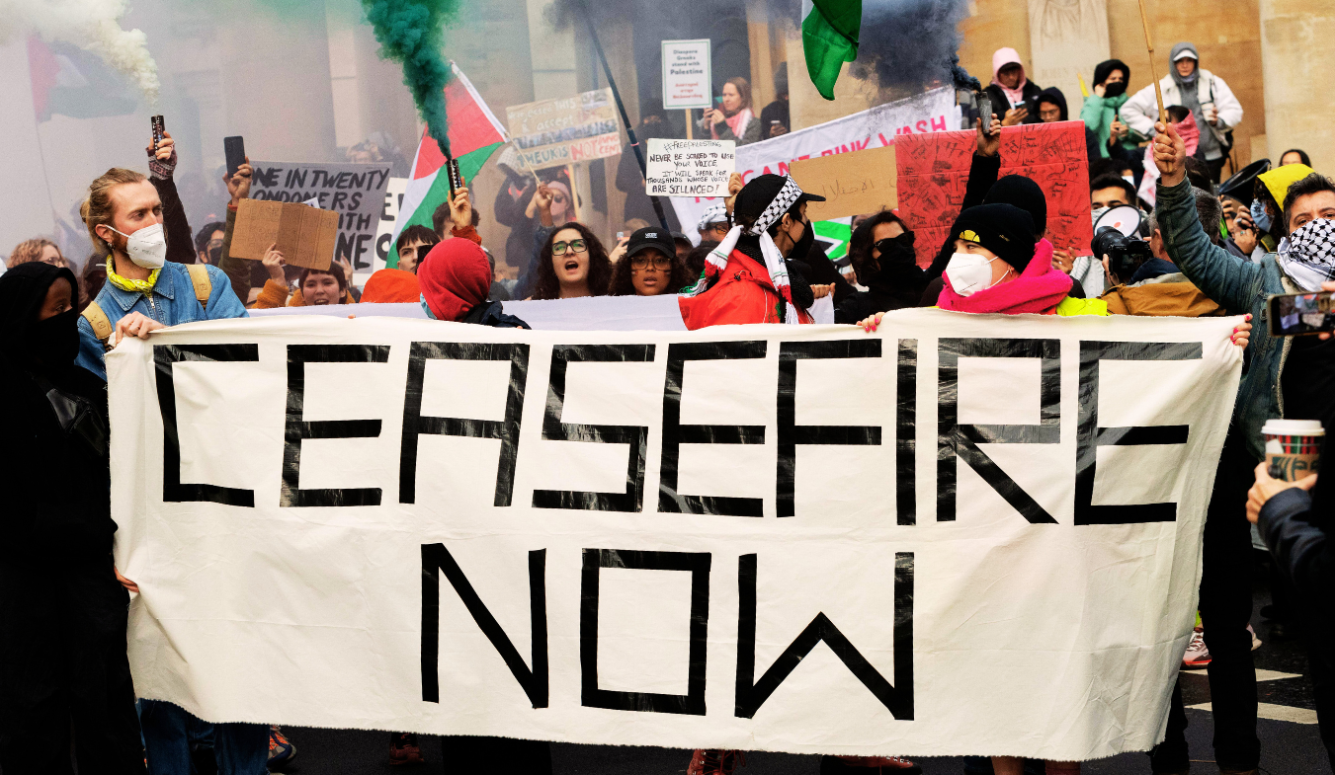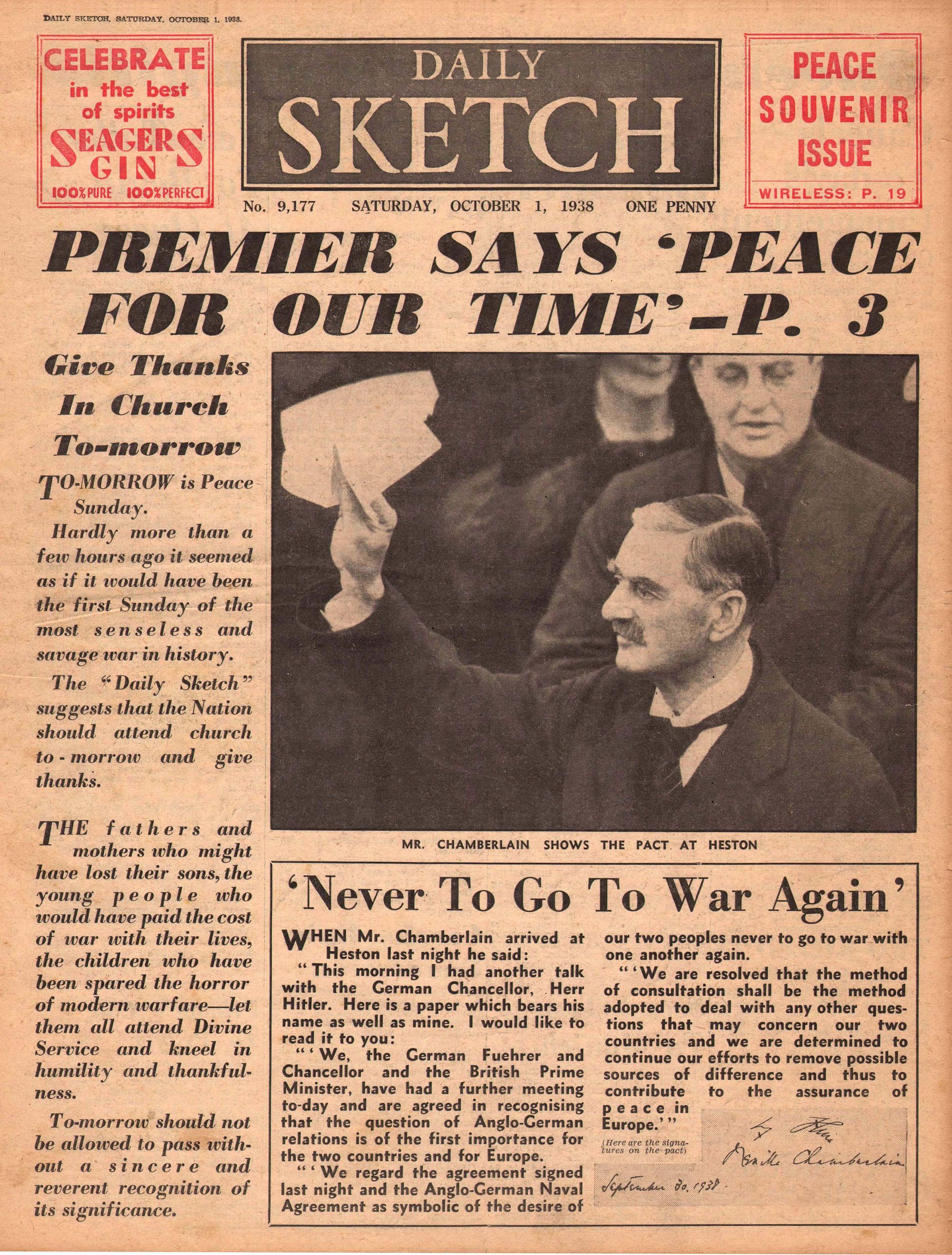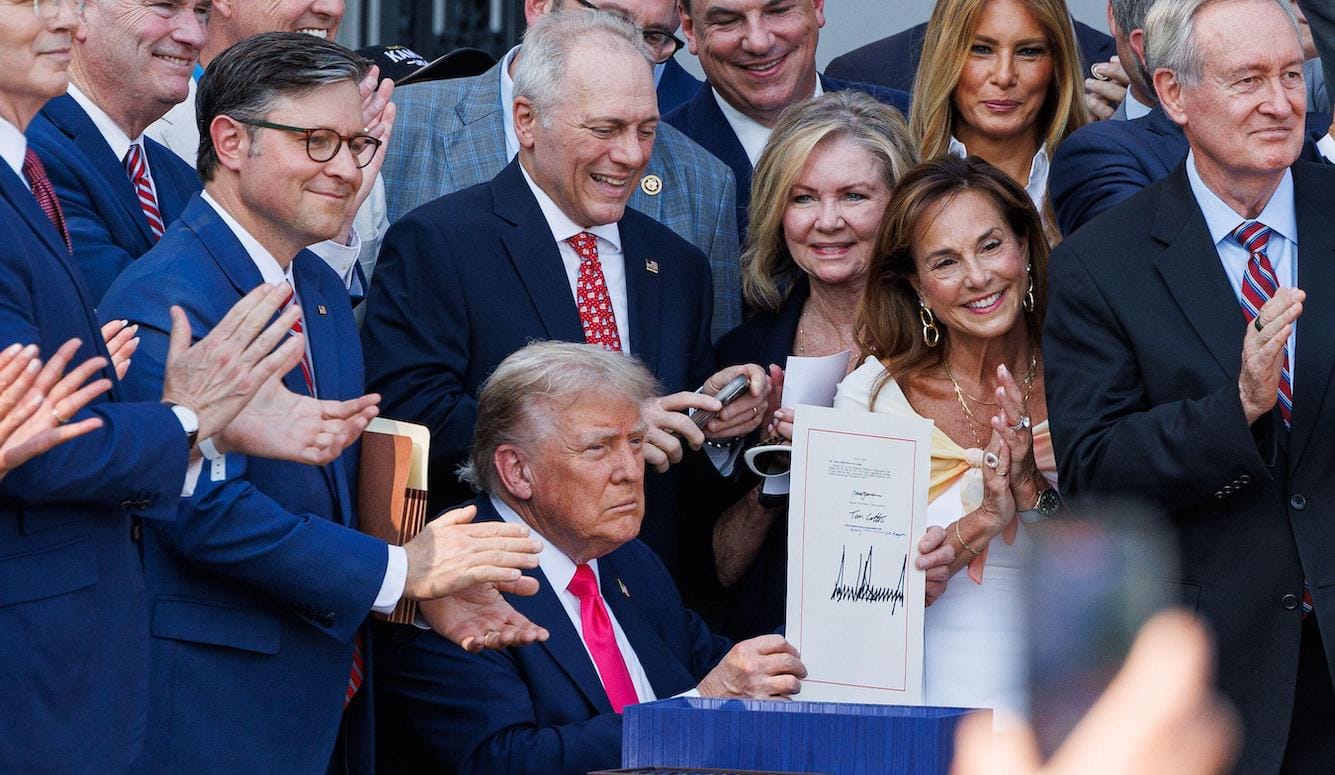Politics
Apostles of Appeasement
A short history of phoney peace groups and their fellow travellers.

A full audio version of this article is available below the paywall.
I. The Yearning for Peace
Deep down, everyone who has not been driven mad by religious obscurantism or some other ideology understands the value of peace. Ordinary people want to meet partners, secure fulfilling jobs, live in comfort, and find good schools for their children. In their spare time, they like to meet with friends, play sports, go to the cinema, or practice obscure hobbies. They want—like Candide—to cultivate their gardens, and they recognise that this modest wish would be imperilled by war.
Indeed, the realisation that war is a great evil is surely among the preconditions for building and maintaining a prosperous society in the first place. But a society which does not feel directly threatened will often tend towards the view that war is also an unnecessary evil. As George Orwell reminded readers of “The Lion and the Unicorn,” published during the Blitz, the intense anti-Nazism inculcated in them by German bombs had extinguished the memory of the popular approval that had greeted Neville Chamberlain upon his return from Munich just two years earlier. The myth of a clique of Guilty Men soothed the consciences of millions of Britons who had shared the view that war was worse than a bloodless triumph for Hitler on the continent.






